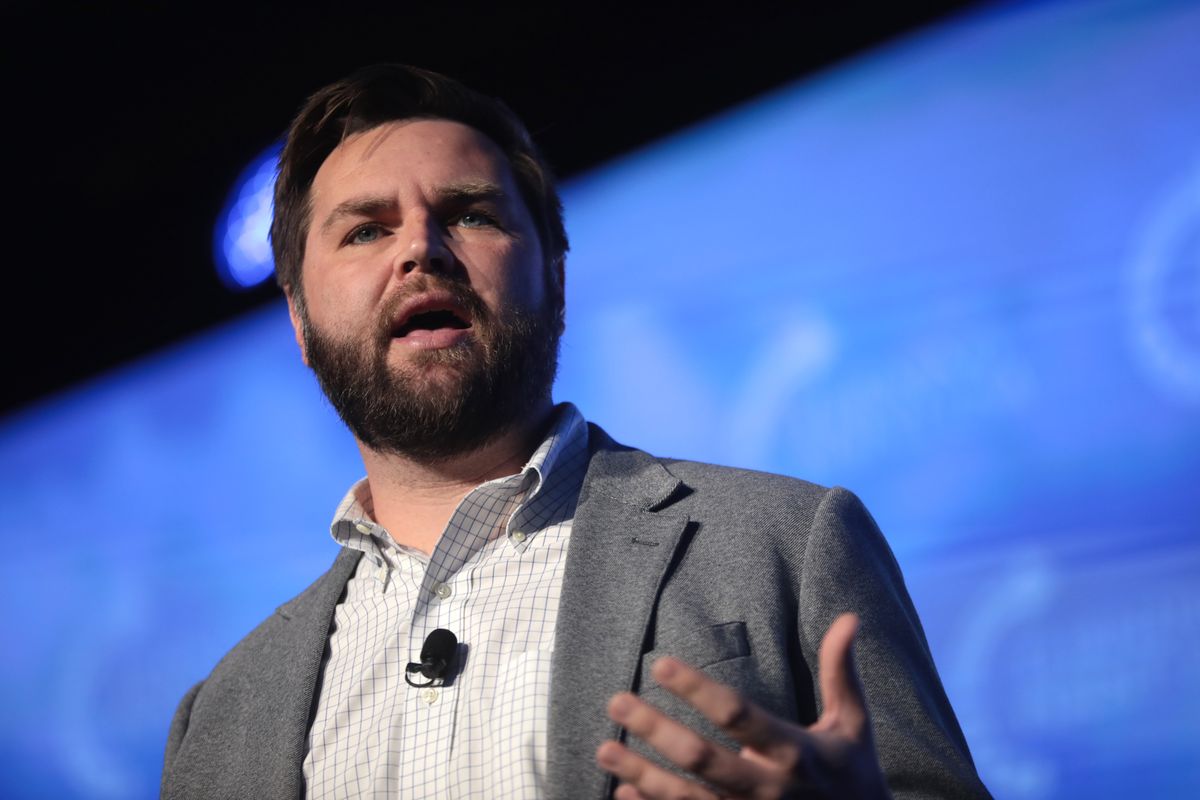The Opioid Crisis And The Bad-Faith Republican Who Uses It For Political Gain

My brother’s name was Chris Reimer. He died of a fentanyl overdose on January 19, 2019. He was 34.
My brother died an addict, but he was much more than that. He was funny, smart, and a talented mechanic. He was an asshole, sometimes, but even when you were mad at him he could make you laugh. He was full of potential and deeply flawed. He was human, and he didn't deserve the fate that befell him.
When I started writing this piece, I wanted to talk about the opioid crisis. I planned on discussing the Sacklers and Purdue Pharmaceuticals and how bad-faith companies like McKesson, in their search for ever-expanding profit and growth, poisoned communities like Kermit, West Virginia by annually pouring millions of doses of hydrocodone into a town of just 400 people. After rewriting this piece four or five times I decided that is a perspective you can get anywhere. If you're interested in how the opioid crisis was manufactured by greedy corporations, politicians, and doctors – or if you just need an excuse to get really angry– seek it out. It’s an infuriating story of how the profit motive pollutes our society. Instead of tracking that same ground, I want to talk to you about the community I came up in and how drugs, particularly opioids, have destroyed the lives of the people I love.
I’m going to get personal here, but before I do I want you to understand something: Nothing that happened to me, none of the stupid shit I did in my youth, is unique to me. My story isn't unique. It instead is a representation of a culture ignored by the upper tiers of society, ignored and abandoned by the political class. A culture and a people left to die by neoliberal austerity, supposed “free trade” agreements and the war on drugs. A people abandoned by their political elites, creating fertile grounds for right wing bad-faith populist demagogues like Donald Trump to forge a bitter, angry base. There are millions of me.